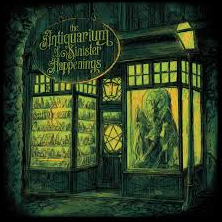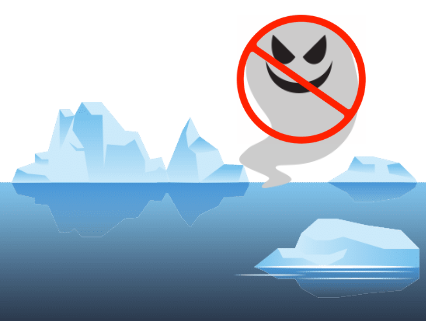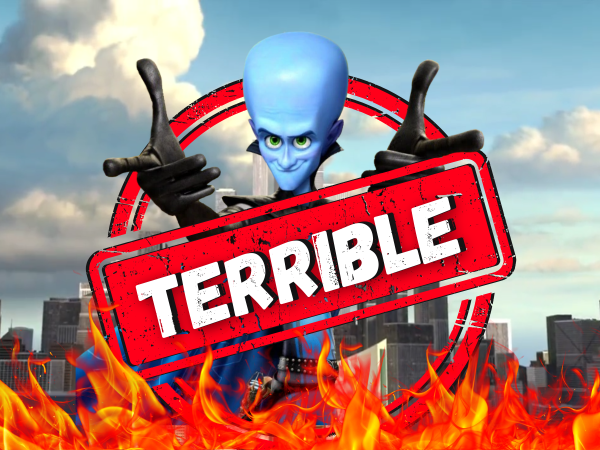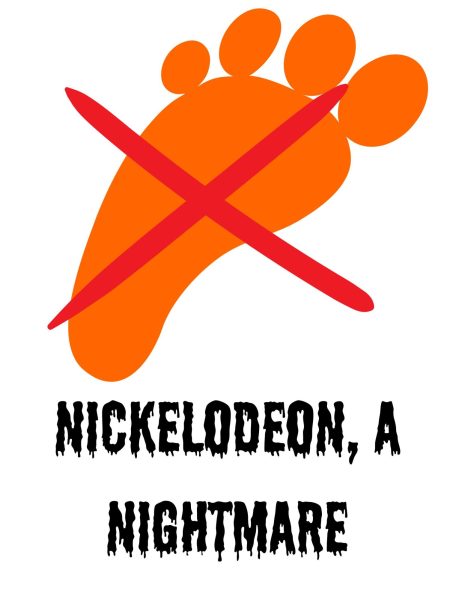The documentary that flips the script on social media: The Social Dilemma
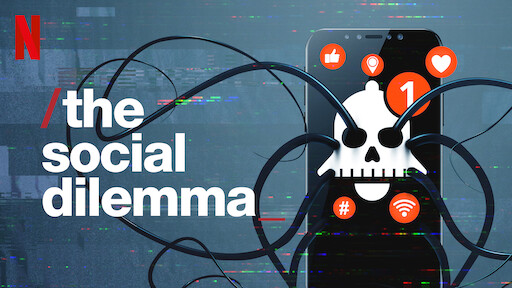
Image credit: Netflix
Social media. Is it really just a tool or has it now become an addiction? How many times has the simple buzz of a notification made you stop whatever you were doing and reach down in your pocket to check your phone? Perhaps you’ve been mentioned on Twitter or someone has liked, or commented on, your Instagram post.
The Social Dilemma is a hybrid film that explores the dangerous human impact of social networking, with tech experts sounding the alarm on their own creations. It begins by introducing a handful of employees who work for major tech companies such as Google, Facebook, and Pinterest. Throughout the film, there is a general feeling of uneasiness that for me, resembled a horror movie.
I was quite shocked while watching how candidly these tech experts were badmouthing their own creations. They were essentially warning viewers about the dangers their inventions posed to society, referencing the multiple studies conducted where researchers have found a strong link between social media and an increased risk for depression, anxiety, loneliness, self-harm, and even suicidal thoughts. They also discussed some of the ways in which social media has promoted insecurities in the lives of its users such as concerns about people’s outward appearances and popularity status.
Overall, there were several key moments during the film that really made me stop and reflect. One of these instances was initiated by the president and co-founder of the Center for Humane Technology, Tristan Harris.
Earlier in his career, he worked as a design ethicist at Google and as he was describing his experience working there he said, “Never before in history have 50 designers, a group of 20 to 35 year olds working in California, made decisions that would have an impact on 2 billion people”.
Harris goes on to say, “2 billion people will have thoughts that they didn’t intend to have because a designer at Google said this is how notifications are supposed to work on that screen that you wake up to in the morning.”
As this quote was being read aloud on the screen, a symbolic illustration portrayed tech experts like Tristan as puppeteers, controlling the human population like strings on a puppet. This control that tech employees are able to have over their users, according to Tristan, comes from advertising.
“Every single action you take on the Internet is being carefully measured, tracked, and recorded. Exactly what images you stop to look at and how long you look at those images for” Jeff Seibert, former executive at Twitter and Serial Tech Entrepreneur said.
“They know when you’re depressed, they know what you’re doing late at night when you think nobody else is watching you. They know whether you’re an introvert or extrovert, what your personality is like, all based on your search results.”
This was one of the scariest parts of the movie for me personally. We’ve allowed our lives to revolve around the Internet so much that in turn, we’ve also allowed people like Tristan and Jeff to control our lives by feeding us luring advertisements directly through our devices. Those advertisements have been carefully run through algorithms and are based on the different websites we have visited, videos we have watched, and ads we have clicked on.
Therefore, we are more likely to click on these ads because they appeal to our interests and hobbies and we are more likely to buy the products associated with them. At the end of the day, the money we spend on those products goes to social media platforms and that is the primary way they make their income. So just because your Instagram account was free to create in terms of money, it may be costing you in other ways, like your time. Remember: if you’re not paying for the product, the product is you.
So if there’s anything you should take away from this new, information-packed documentary it’s this: The Internet has eyes on you all the time. So be careful. Because the technology that connects us also controls us.

Aiden is a senior who serves as the Editor-in-Chief and News Editor of North Star News. Since first joining the staff during his freshman year, he has...


